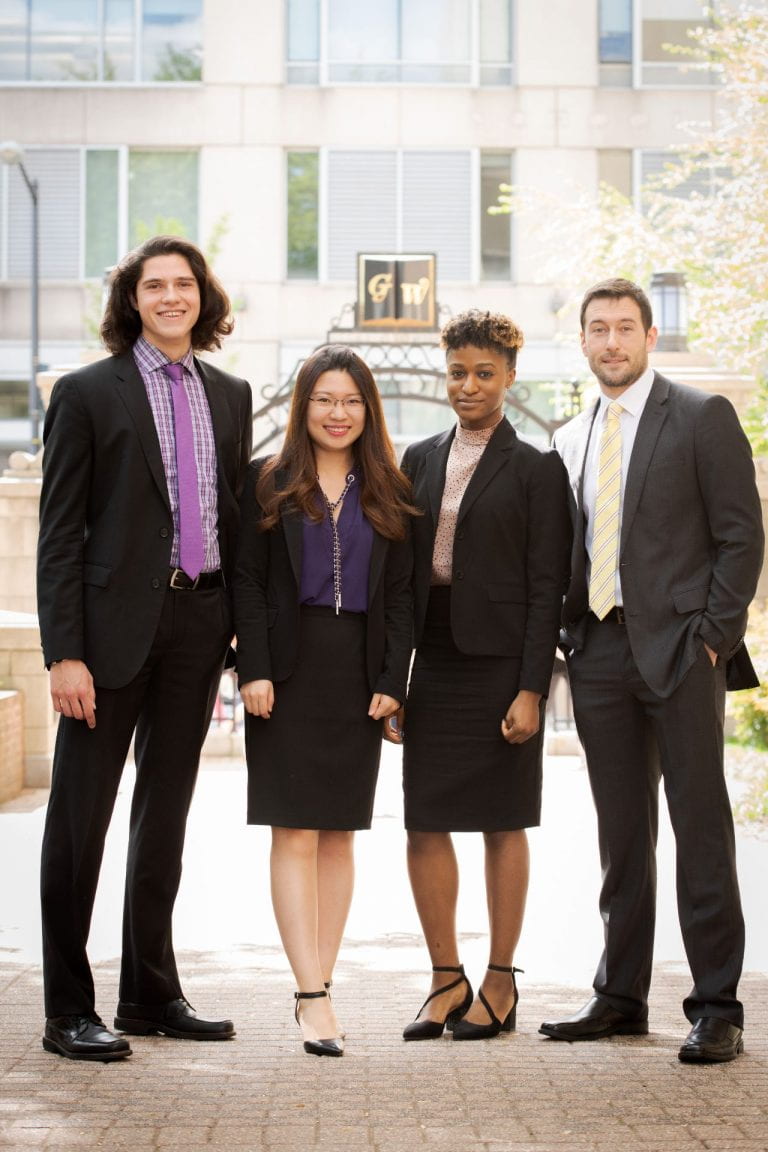Blog post by Jonathan Fuller, GMBA '20

Germany is one of the most important nations in Europe and the world; they are one of the largest global economies and exercise influence in many political arenas around the globe. Germans have a very strong culture and are well-known for several strengths (such as engineering prowess). But how does that translate on the ground? I’ll attempt to give a bit of insight into the small differences that make a big impact on traveling and doing business in Germany (Berlin and Dresden, at least).
Arrival at Berlin’s main airport and the subsequent transportation to our hotel was simple. Germany has an outstanding public transportation system (not that I know much about that as an American)! Additionally, most signs, kiosks, etc. include information in both German and English. This allowed us to navigate through the airport and find a city bus that dropped us just a few blocks from the hotel for under €3. This language (non)issue persisted, as most personal interactions I’ve had have been in English – clearly a common 2nd language for many Germans.
In terms of the work environment, Germany has largely exemplified the typical corporate culture associated with Germans. For one, they get right down to business. While there is room for brief introductions/niceties, most meetings have kicked off with the agenda within a couple minutes of entering the building. We’ve also noticed, with few exceptions, that punctuality is of great importance. Finally, the stereotype of Germans excelling at industry and innovation appears accurate, with one key difference. Innovation in Germany is more calculated and incremental than elsewhere. Disruptive change does not typically emerge from German business; although they are quite adept at implementing such changes and building upon them.

A few additional differences to consider while in Germany:
- Leadership – the term “leader” does not always carry a positive connotation here. This sentiment was echoed to us from both a German and U.S. employees here. Instead, it is helpful to frame the position as responsibility and potential to create impact.
- Water – all of us here on CAP Germany have had a difficult time adjusting to the lack of persistent availability of water. While the tap water is fine to drink, getting water while out is difficult – drinking fountains are nearly non-existent and restaurants only serve bottled water (but remember to specifically ask for still water lest you want sparkling).
- A positive side? Beer is sometimes cheaper than water!
- Calculating Distance – what has become a running joke with our group is the locals’ under-estimation of distance between locations in the city. Did someone say the restaurant was 200 meters away? Prepare for a 15-minute walk! An office is a block from the metro station? More like six blocks!
- Plastics – a pleasant change compared to the US is the lack of plastic! Bottled drinks are served in glass. We even went to an outdoor beer festival in Dresden, where a plastic cup could not be found; instead, you are served beer in a glass. Once finished with the drink, you return the glass to the beer tent for a refund of €2.
Overall, there was no single, major culture shock experienced in Germany. Instead, it’s the combination of many subtle differences that, taken together, can make it feel like the totally different country that it is. No less – it has been a great experience and I will certainly return in the future (water in-hand)!










